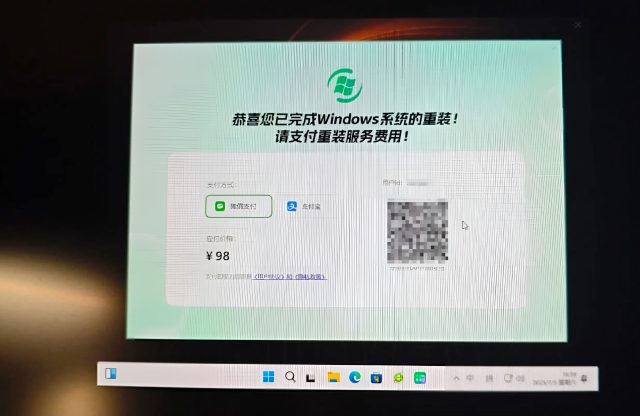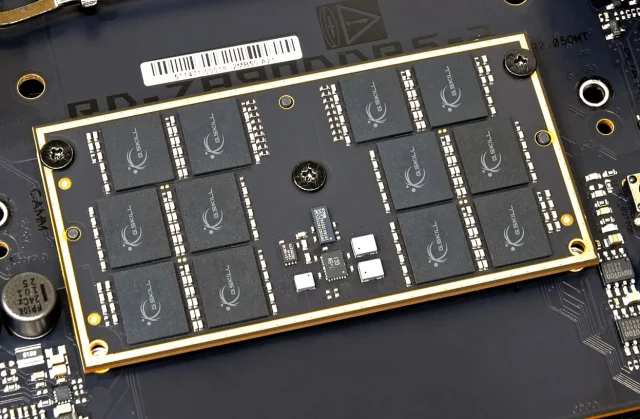In today’s business world, staying ahead of the competition is crucial. To make informed business decisions, companies require up-to-date market insights. Traditionally, market research surveys have been the method for gathering this information. However, conducting surveys manually can be time-consuming, expensive, and prone to errors. This is where automating market research surveys using marketing techniques becomes valuable.
Automating market research surveys has gained popularity in years due to technological advancements and the availability of powerful marketing automation tools, including act-on software. By automating the survey process, companies can collect data efficiently, analyze it faster, and make informed decisions. Let’s delve deeper into how marketing automation can transform market research surveys.
1. Enhanced Survey Distribution and Response Rates
One notable advantage of automating market research surveys is the ability to swiftly and effortlessly distribute them to an audience. Traditional survey methods relied on phone calls, emails, or face-to-face interviews to collect responses. This consumed a limited amount of time and also limited the number of participants involved.
By utilizing marketing automation tools, companies can use channels such as email, social media, or website pop-ups to distribute surveys to several individuals simultaneously. This approach significantly enhances the surveys’ reach and response rates, ensuring a diverse sample size. Additionally, automation allows for customized survey invitations tailored to each respondent’s preferences, boosting engagement and response rates.
2. Real-time Data Collection and Analysis
Another significant advantage of automating market research surveys is the capability to collect and analyze accurate time data. In the past, with surveys, companies had to wait for respondents to complete and return the surveys before processing and analyzing the data. This often caused delays and missed opportunities for decision-making.
With marketing automation, companies can instantly gather data when respondents submit their answers. This real-time data collection enables analysis and identification of trends or patterns. Consequently, organizations can make informed decisions promptly, giving them an edge in an evolving market.
3. Targeted and Personalized Surveys
Moreover, targeted and personalized surveys tend to yield responses from participants compared to generic questionnaires that fail to address their specific interests, needs, or demographics.
Automating surveys for market research enables companies to create customized and targeted surveys that resonate with their audience.
By utilizing customer data and segmentation tools, companies can tailor survey questions and content based on age, gender, location, or past purchasing behavior. This approach does not boost survey participation rates. It also ensures that the collected data provides more accurate and actionable insights.
4. Integration with Customer Relationship Management (CRM) Systems
Integrating automated market research surveys with CRM systems takes data analysis to a high level. By linking survey responses with customer profiles and purchase histories, companies can gain an understanding of their customers’ preferences, behaviors, and needs.
This integration opens up possibilities for data analysis, such as customer segmentation, predictive modeling, and personalized marketing campaigns. By merging market research data with CRM data, companies can uncover insights that drive targeted marketing strategies and ultimately enhance customer satisfaction and loyalty.
5. Cost and Time Efficiency
Automating market research surveys enhances the quality of data gathered and saves significant company resources in terms of time and cost. Manual surveys involve labor tasks such as questionnaire design, survey distribution, data collection and entry, and result analysis.
By implementing automation in these processes, companies can make their market research efforts more efficient. Save time and resources in data collection and analysis. This enables employees to concentrate on higher-value tasks like interpreting insights and developing marketing strategies rather than being bogged down with manual data collection and analysis.
Additionally, automation eliminates the need for physical survey materials to be printed and mailed, reducing production and distribution costs. Companies can also reduce labor expenses by relying on external market research agencies. Instead, they can conduct surveys internally using automation tools.
Conclusion
Marketing automation tools for automating market research surveys are revolutionizing how companies gather, analyze, and utilize market insights. By leveraging automation technologies, businesses can enhance survey distribution rates, collect real-time data for analysis, create surveys tailored to targets, seamlessly integrate data with CRM systems, and save valuable time and resources.
In today’s paced market environment, where accurate and timely information is crucial for success, companies that embrace automated market research surveys gain a competitive advantage. The wealth of data and insights generated through automation empowers decision-makers to make choices while serving their customers better than before—keeping them one step ahead of the competition.










